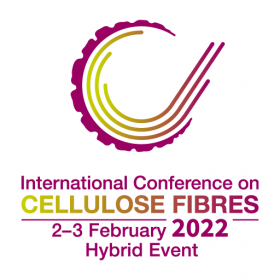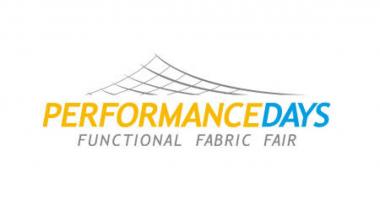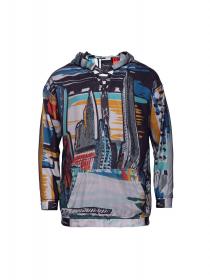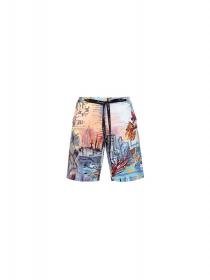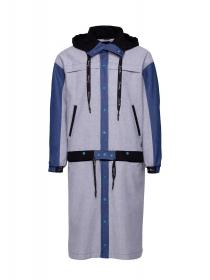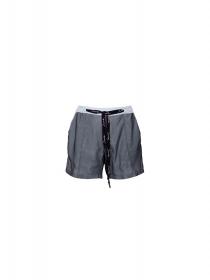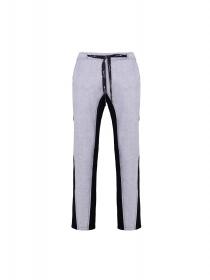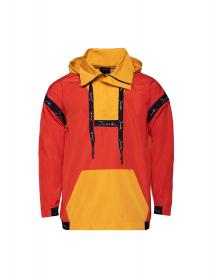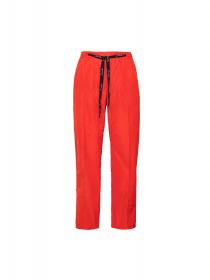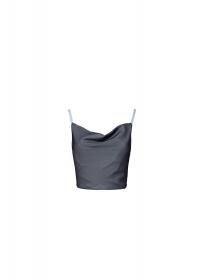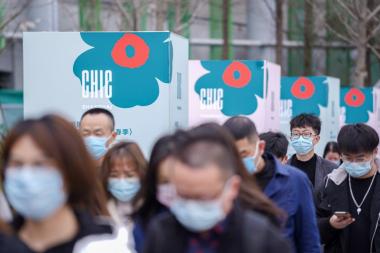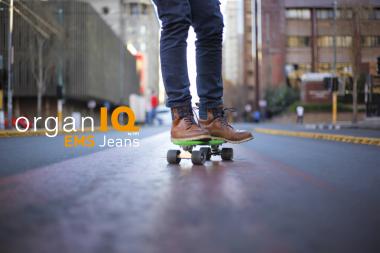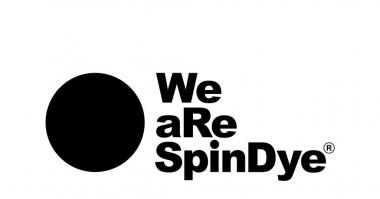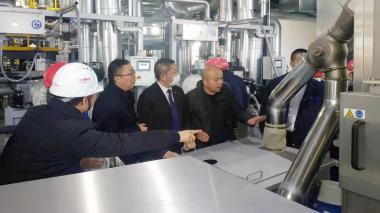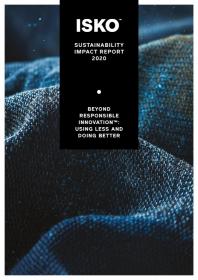OCA, GOTS and Textile Exchange expand GM Cotton Testing Lab Initiative
Global Organic Textile Standard (GOTS), the Organic Cotton Accelerator (OCA) and Textile Exchange are delighted to announce the renewal of the global ISO IWA 32:2019 proficiency test for a second year in a row, under technical support from Wageningen Food Safety Research.
The initiative aims to provide the sector with an up-to-date overview of global laboratories that can currently conduct GMO testing as per the ISO IWA 32:2019 protocol – a common language among laboratories worldwide to screen for the potential presence of genetically modified (GM) cotton along the organic cotton value chain.
The joint project involving three global NGOs in the textile sector, announces that it has reached a new milestone with an expanded list of twenty-one laboratories from Europe, Asia and North America who have successfully passed a new round of the proficiency test in 2021.
As qualitative GM cotton screening using the ISO IWA 32:2019 protocol is mandatory within the GOTS and OCS (Organic Content Standard) supply chain and OCA’s Farm programme, the expanded list will provide many stakeholders in Organic Cotton with the clarity they need for taking all reasonable precautions to prevent GM cotton in their organic cotton produce while supporting the rapid sector growth seen globally.
The updated overview of the laboratories that successfully passed the proficiency test in 2021 has now been jointly published by GOTS, OCA and Textile Exchange.
The initiative now in its second year, will drive greater transparency along the organic cotton supply chain in a move that the partners hope will become a fixed bi-annual initiative stemming from the positive feedback from the initial launch in 2020.
GOTS






